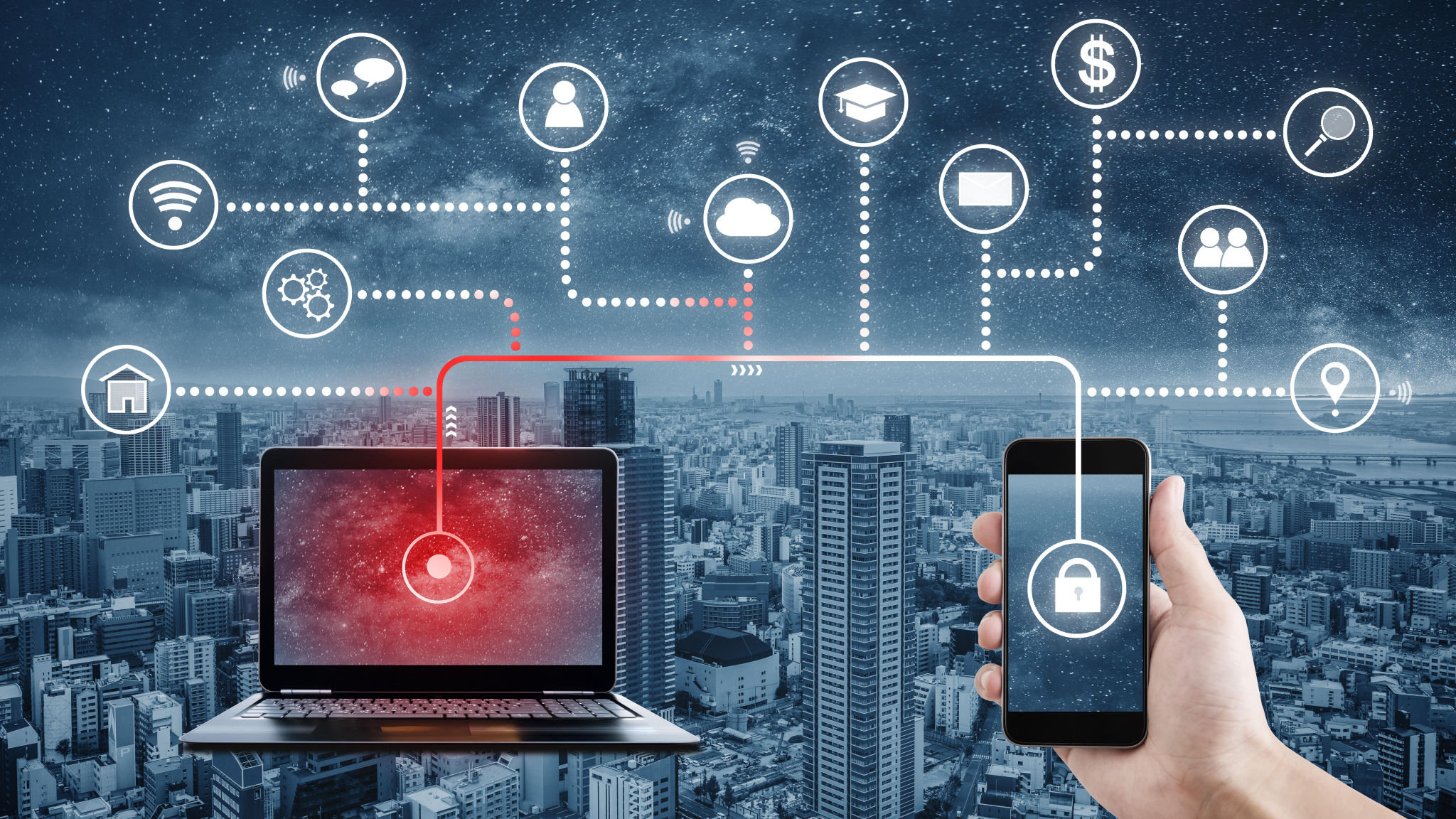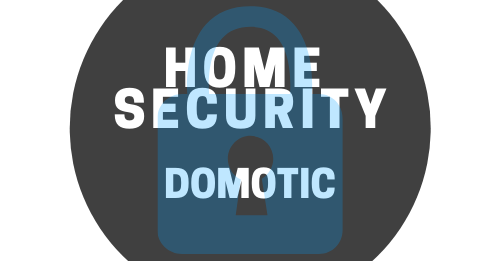The South Korean Smart Home Hack Highlights the Importance of Securing Your Smart Devices

Unbeknownst to many, South Korea was the second country that built its own internet. Even the first CMOS transistor, which is a basic element of all chips, was also invented by a South Korean scientist. And the most promising way of quantum computing developed by IONQ was actually led by Korean-Americans and we can’t forget how South Korea made headlines when it broke the record for nuclear fusion (it beat the wall of thirty seconds first).
As of 2016, South Korea has been titled the country with the fastest wifi –the average Mbps was 26.3. The country has the highest broadband penetration at 97 %. The country is also known for having the highest smartphone ownership rate. In 2015, the Pew Research Center released a survey on the ownership of smartphones and 88 % of the total population owned smartphones.
To summarize, South Korea is a very technologically-advanced country and it is believed that its technology will keep on improving and advancing. Therefore, you’d believe that in such a country, people would be living peacefully in their homes as they’d be protected by smart home security systems.
True, South Korea is a country where it is very common for IoT devices to be installed in residences. IoT devices refer to smart sensors, gadgets, vacuum cleaners, appliances and other devices that can be connected wirelessly to a network and can be controlled using your phone or voice. And, these devices are pretty common in South Korea. However, despite the prevalence of such smart and intelligent devices and security systems, in 2021, the Korean media reported how a group of unidentified hackers had perpetrated what can be called the most devastating attack in the history of smart home security technology.
Want to learn more about the incident? Keep reading!
What Happened?
 In 2021, while many eagle-eyed Korean shoppers were taken up by the frenzy of Black Friday sales and were in search of pre-Christmas bargains, a group of hackers was busy breaking through several firewalls to get access to a whole security network. Several buildings that had their own built-in smart technology became the targets of those hackers. But, the worst is yet to come!
In 2021, while many eagle-eyed Korean shoppers were taken up by the frenzy of Black Friday sales and were in search of pre-Christmas bargains, a group of hackers was busy breaking through several firewalls to get access to a whole security network. Several buildings that had their own built-in smart technology became the targets of those hackers. But, the worst is yet to come!
The private pictures and videos of more than 700 smart homes were sold online for Bitcoin or held for ransom.
Eventually, the National Police Agency of South Korea received the request to investigate the incident and as soon as they started probing, they found some of the hackers through a “dark web” website. Though none of the alleged hackers were caught, an “informal interaction” with the hacker led the police to believe that the hackers hacked through more Korean apartment complexes. And, an official list was uploaded noting how houses in several Korean areas like Seoul, Busan and Jeju Island were also targets of the attack.
The Aftermath
After this nightmare, South Korea’s Ministry of Science and ICT came up with a plan to make it compulsory for each smart homeowner to have a separate smart home security system network. Although this plan of action does not necessarily solve the entire issue, it can, according to the South Korean Ministry, slow the spread of “infections” from one system/ device to the other.
What More Can Be Done?
 Maybe the probability of someone hacking your home security system is low. Or, maybe your country might never be the target of a cyber attack like South Korea. However, it is still important to take precautionary measures and make sure that your house is well-protected.
Maybe the probability of someone hacking your home security system is low. Or, maybe your country might never be the target of a cyber attack like South Korea. However, it is still important to take precautionary measures and make sure that your house is well-protected.
So, here are some suggestions to protect your privacy:
- Two-factor authentication: It’s a security system that would usually require two distinct forms of identification to access something and here it would mean your house’s security system.
- Opt for physical privacy shutters.
- Try to use different passwords for your smart home devices.
- Nowadays, there are several programs and protocols available to prevent external invasion of your smart security devices.
